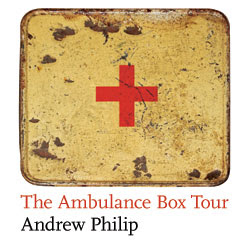The audience for Sunday's Shore Poets was a little thinner than usual, possibly because of the holiday weekend. Music was provided by Just Voices, a four-part acapella group, who treated us to French, Bulgarian, Scots and American songs. Beautiful stuff.
Stephanie Green kicked off the poetry in the newcomer slot. I've seen Stephanie around the scene for quite some time (indeed, she's a regular at Shore Poets) but had never heard her read before. The poem of hers that worked best for me was her first: a well-crafted, interesting mediation on her inheritance--genetic and otherwise--from each of her parents. (Her write-up of the evening is here.)
Honorary Shore poet Ken Cockburn read second. Ken is a former convener of the group, as well as former fieldworker/assistant director of the Scottish Poetry Library and founder, along with Alec Finlay, of platform projects. I enjoyed his set, particularly his take on the myth of Penelope and her suitors, in which Odysseus's wife is signed up to an internet dating site, and his translations from German.
I'd heard good things about the evening's main reader, the Belfast poet Alan Gillis, who is now based in Edinburgh. He did not disappoint: intense, serious, funny poems with striking imagery and a strong sound world. The man has a great ear and he reads well. You can hear him read some poems here, though I haven't had a listen to those files yet.
After the reading, I headed up to Waverley to catch my sleeper to London. There was enough time for a reasonably relaxed pint with Rob A Mackenzie before I found my way to my--ahem--recliner and began my purgatorial progress southwards.

.jpg)





